Roughly one-third of the food produced worldwide for human consumption is lost or wasted each year.
Over 50% of Qatar’s municipal garbage is made up of leftover food, despite the fact that 90% of its food is imported. As food rots in landfills, methane and other greenhouse gases are released, raising temperatures and causing global warming.
In fact, reducing food waste is the single most effective way to reverse climate change. This is because taking that step is capable of removing 87 giga tonnes of CO2 from the atmosphere, far outweighing a global plant-based diet, electric cars, regenerative agriculture or even utility-scale solar panels.
Food waste research efforts in Qatar are limited and do not cover the entirety of the food waste production and consumption cycle, which begins with production and continues through delivery, storage, packaging, selling and consumption.
As per statistics in 2012, Qatar consumed and wasted 1.4 million metric tonnes of food. When divided by the then-population of 2.05 million, this quantity equates to an annual average of 636kg of food waste per person, or 1.74kg per day.
According to the Qatar-based sustainability advocacy group EcoMENA, leftover food accounts for over half of the waste in Qatar’s landfills. Because of the country’s extremely high consumption rate and extremely poor recycling rate, mountains upon mountains of food are being dumped.
In Qatar, most supermarkets and pharmacies often remove products from shelves around six months before their expiry date. Thus, the products end up being returned to the distributers long before they actually expire.
The liability stems from Qatar’s rigid labelling laws, as supermarkets that sell food that is nearing its expiration date may face random, unscheduled government inspections, which might result in heavy penalties or closure.
Many supermarkets simply throw away the food out to minimise the risk. This includes food that was made fresh, such as bread made that same day.
While some people sleep hungry, companies in the industry pay money to get rid of leftover food on their shelves.
In lieu of this, a Lebanese French stay-at-home mother turned businesswoman is determined to change this reality.
Zakey enters the scene
Rana Chamoun Hamdan is the founder and CEO of Zakey, an application dedicated to selling overstocked and near-expiry foods at a fraction of the original price.
“I’m a stay-at-home mother of two. I have a 19-year-old daughter who just left for university in Paris and a sixteen year old. When my daughters started leaving home, I began feeling empty. It felt like now is the time to start focusing on me and find something to reignite my passion,” Hamdan told Doha News.
Zakey’s objective is to encourage sellers in Qatar and the MENA region to offer near-expired products, extra stocks and surplus at a lower price, allowing families and individuals to benefit from them rather than filling landfills.
While the company was first licensed by the Qatar Financial Center in 2020 at the height of the pandemic, it only began operating in May 2022.
In Qatar, business owners are not allowed to market a discount by law, unless they have license from the Ministry.
“It was very challenging because we did not know how we could sell something at a lower price if we cannot even market that it’s discounted, thats why on Zakey you do not see a before and after price,” said Hamdan.
The business-owner recounts that throughout her journey, she had to listen to many people put the idea down, saying that it is “impossible to implement.”
“There is a cause behind this, its not just a business, that is why the motivation is always there. We had so many no’s along the way, but we kept finding new alternatives.”
It was hard for Hamdan to convince vendors to be a part of Zakey. Many stores that target an upper-class consumer base think that working with Zakey will remove the luxury aspect from their business.
When she’d ask them what they do with all the excess products and waste that they have, they immediately answered with “we throw it away”.
The application has recently gained traction thanks to a TikTok posted by Malu Marsault, better known through her handle ‘ThisMamaInvests‘, who often shares money tips with her followers.
“If you want to be healthy, some prices are so ridiculous. I try to eat dairy free and I always look into vegan options even though I’m not vegan,” Marsault told Doha News.
“My husband loves blue cheese and salmon, for example, but the prices here are really high. Splurging on expensive food items when I have other financial priorities just does not make sense.”
According to Marsault, this is what pulled her to Zakey. The application made her feel happy to be contributing to decreasing the food waste problem in Qatar, as well as finding a way to get premium foods without having to pay a fortune.
In the future, Zakey plans on implementing a unique loyalty programme, where after a certain amount of orders, a tree is planted in the name of the customer.


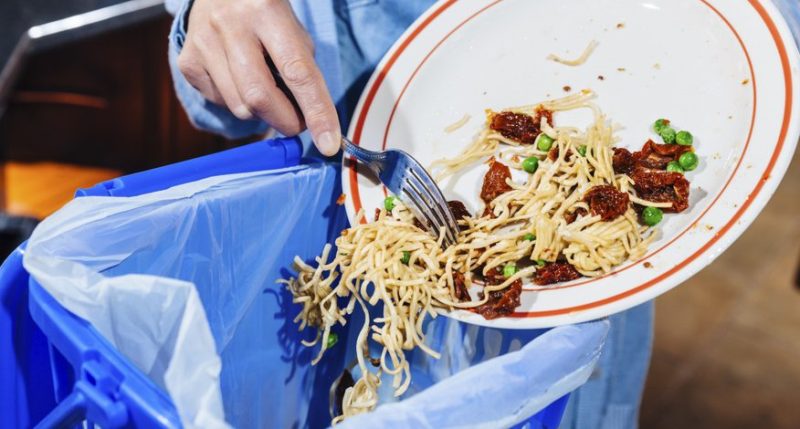


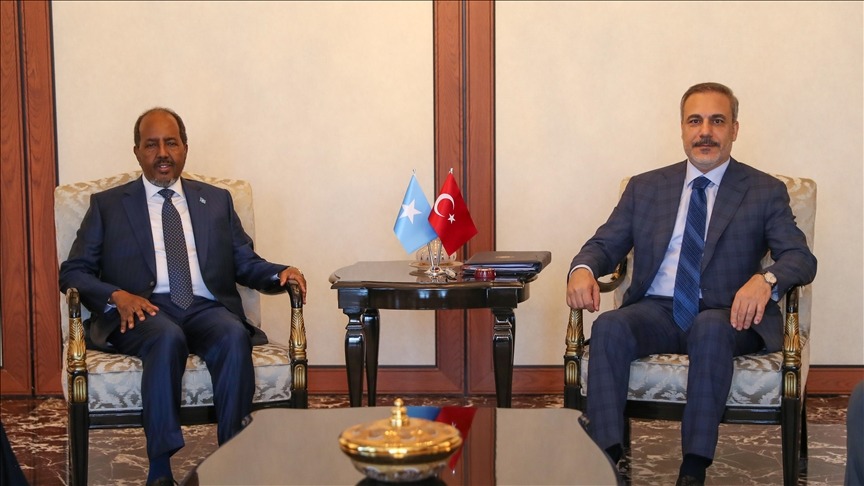




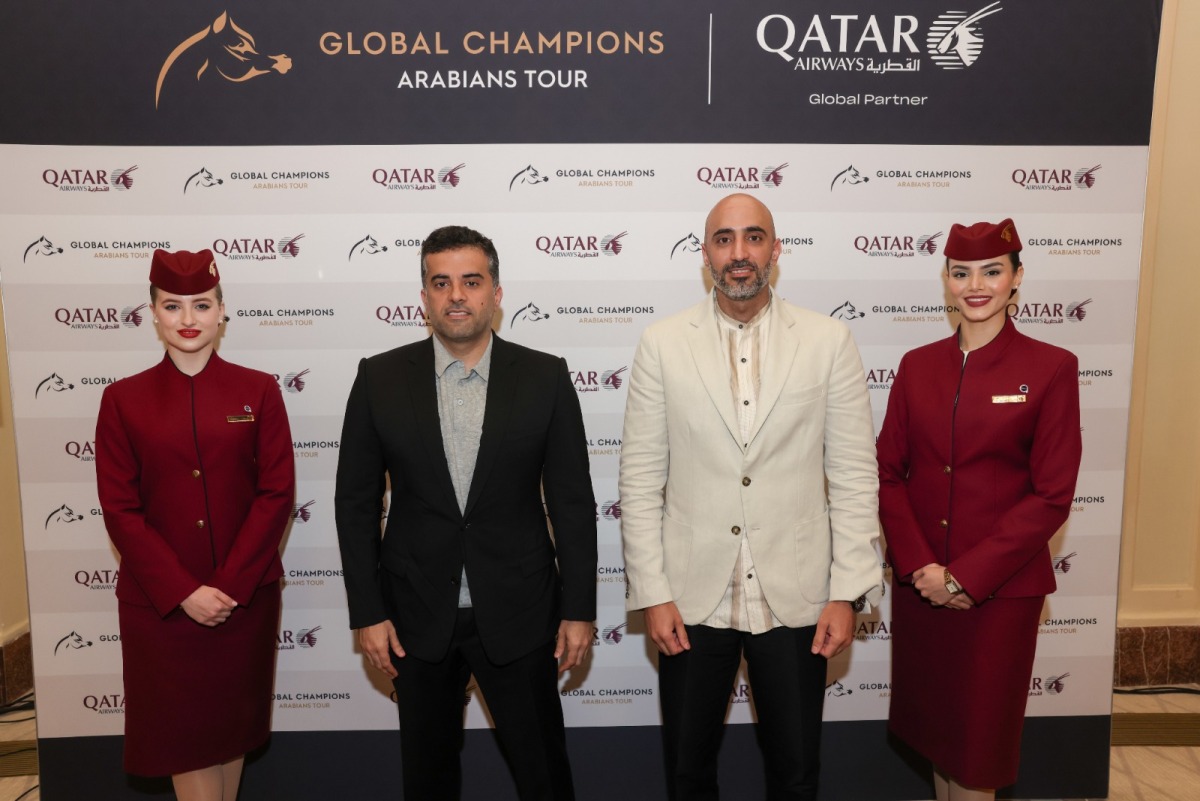
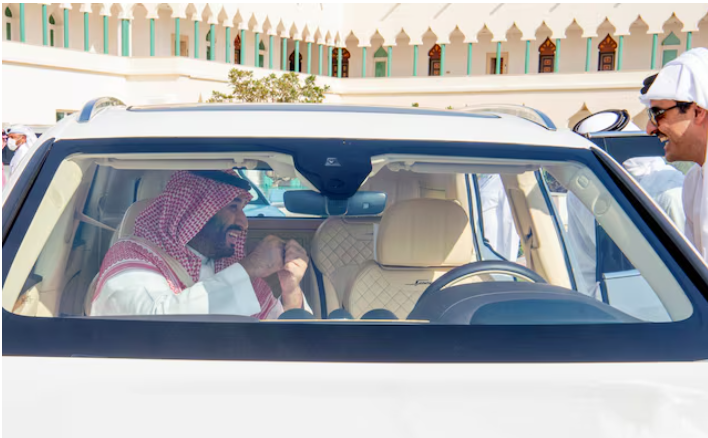
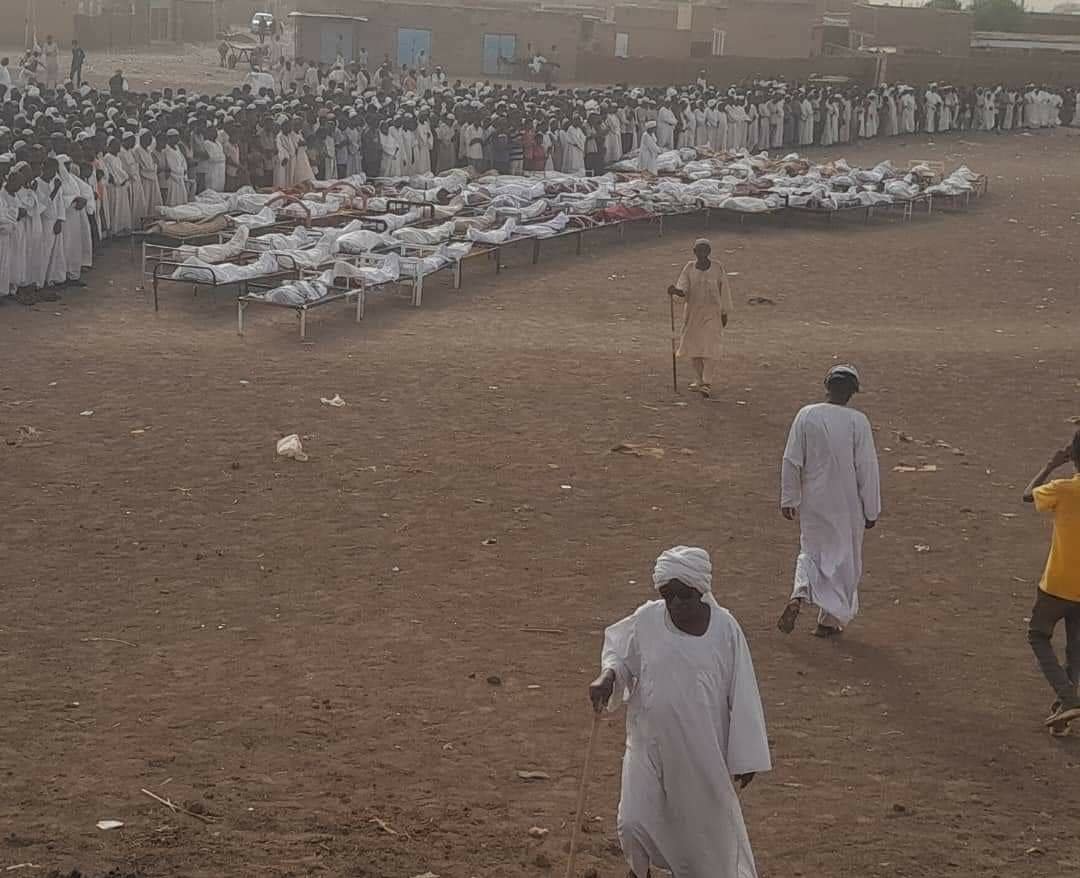




Leave a Reply